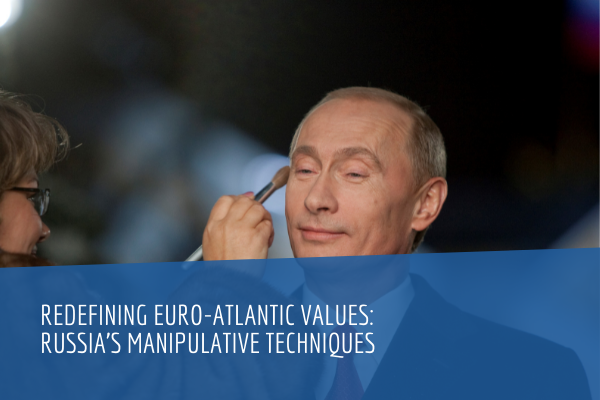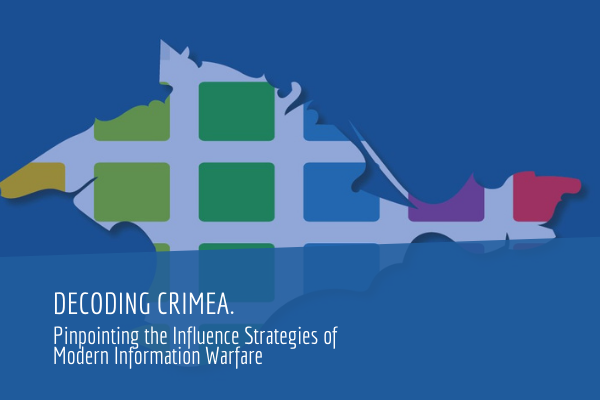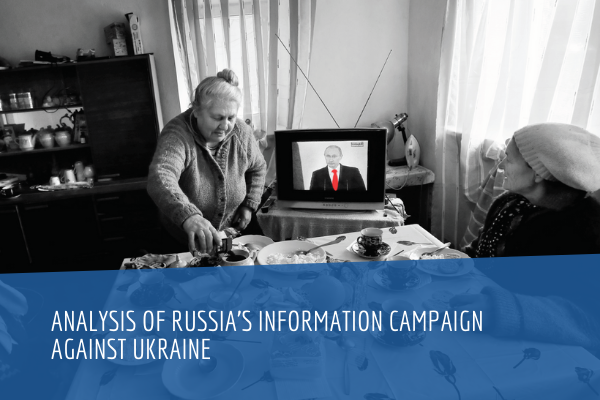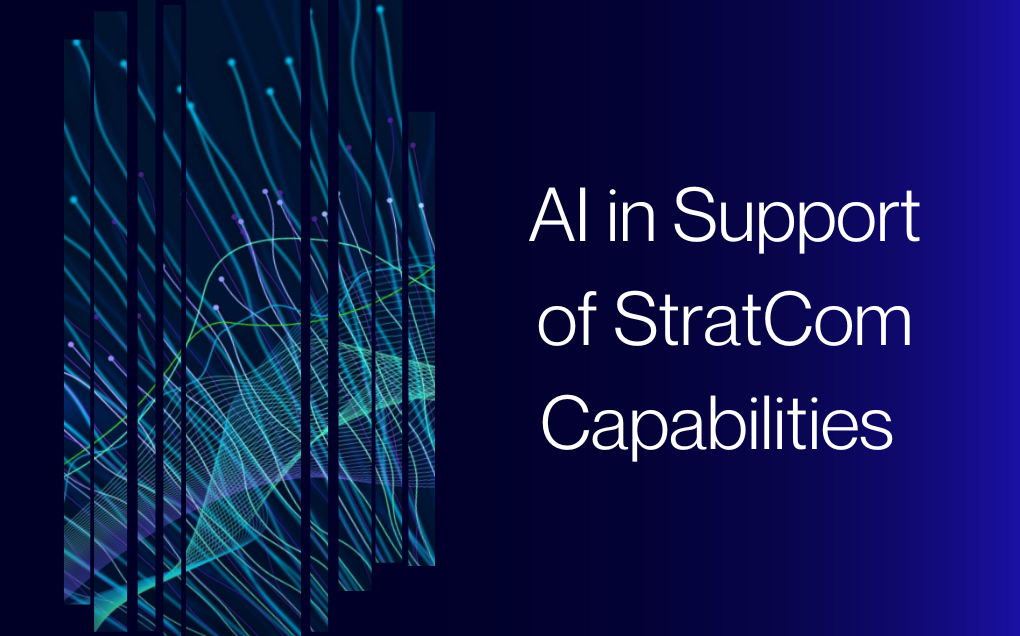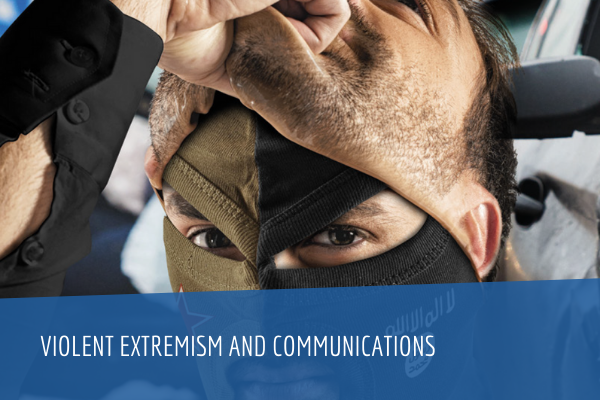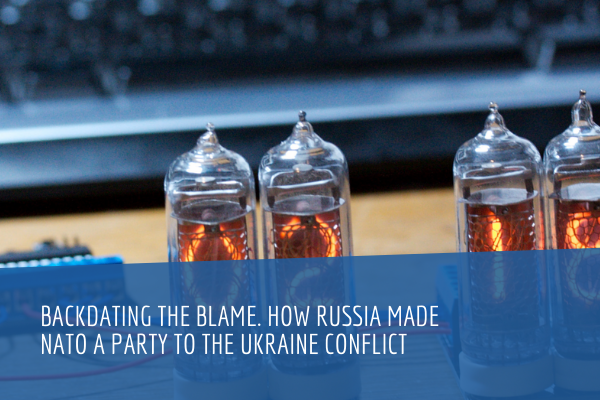Executive Summary
This document summarizes part of the larger research “Euro-Atlantic Values and Russia’s Strategic Communication in the Euro-Atlantic Space“ (2015) commisioned by the NATO StratCom COE to the Center for International Studies (Latvia).
The overall aim of the research is to identify means how Russia with the help of mass media influences the Euro-Atlantic values and redefines the meaning of democracy, media freedom, human rights, trust to international organisations, freedom of speech and other values in the Euro-Atlantic space for different societal groups during the crisis in Ukraine.
Russia is well armed with knowledge about different target groups domestically and internationally. Construction of narratives in the news programmes presented by RT (previously Russia Today) and Первый канал (Channel One Russia) prove that identical messages can be adapted and contextualised according to the interests of TV viewers.
In case of RT such techniques as labelling, authority and infotainment are used for undermining the quality of media, objectivity of presented news, credibility of Western politicians and international organisations. In the end the Western society becomes increasingly divided over controversies presented in the media questioning efficiency of foreign and security policies and credibility of respective political leaders, while Russia’s state-controlled media presents clear and coherent messages that strengthen the position of V. Putin and the Russian political elite so that their policies are not questioned by the Russian citizenry.
International relations are based on clear communication between states and societies. Such communication sets international norms and rules, and preserves social order. Clear communication depends on using a language that is understood by all parties involved.
For the past twenty-five years, Europe has enjoyed an agreement to speak a common political language that contributes to cooperation, mutual respect, and mutual benefit to our societies. However, events in Ukraine have proven that, while the words we use to communicate may be identical, the interpretation of these words, and the intent behind them, varies from stakeholder to stakeholder and can ignite controversy. The new goal of posturing instead of communicating is bringing confusion to our societies.
The values that form the backbone of our belief systems and attitudes are being contested. Our core values have come under attack by Russia’s political establishment by means of misinformation in the media and other instruments.
Due to the pressure of the Ukrainian crisis, the process of re-defining the values we have shared for the past twenty-five years has now reached the stage of undermining the coherence of Euro-Atlantic communication and the functioning of our political system. The next step may well be the loss of many of our fundamental values in a fog of misinformation, followed by reactionary swings in public opinion that lead to social chaos and political crisis. The subversion of the Euro-Atlantic political course could become a reality if we continue to ignore Russia’s dangerously proficient policy manipulators.
The techniques applied by Russian state-controlled TV platforms RT and Первый канал were analysed in the framework of the following case-studies:
- The downing of MH-17;
- Implementation of counter-sanctions;
- The first humanitarian aid convoy;
- The Minsk II agreement.
The ‘success’ or failure of Russia’s efforts to manipulate information in Europe and on a global scale depends on:
- the ability to withstand efforts to redefine democratic values. Democratic values in Western societies have come to be taken for granted; we must renew our appreciation for their power to preserve peace, security, and prosperity. The complexity of the many crises surrounding the Transatlantic Community has contributed to the discussion of whether the values we rely on today serve the interests of the democratic countries properly. It is the responsibility of politicians, experts, and all members of civil society to disperse the fog that has settled over our understanding;
- the ability of the Transatlantic Community to communicate the concepts and tools we need to use to defend and preserve democracy. Simple countermeasures, such as providing sound information to balance Russia’s subversive propaganda, are not enough, because large segments of Russian society have limited access to information, activists and truth-seekers have limited financial resources to build comprehensive and efficient media platforms, and the current regime places constraints and barriers on the development of the civil society;
- our ability to be honest with ourselves and use a healthy dose of self-criticism to examine our attitudes and beliefs and remain calm in the face of adversity, and the ability to cast a clear and critical eye on attempts by non-democratic regimes to redefine our democratic values.
